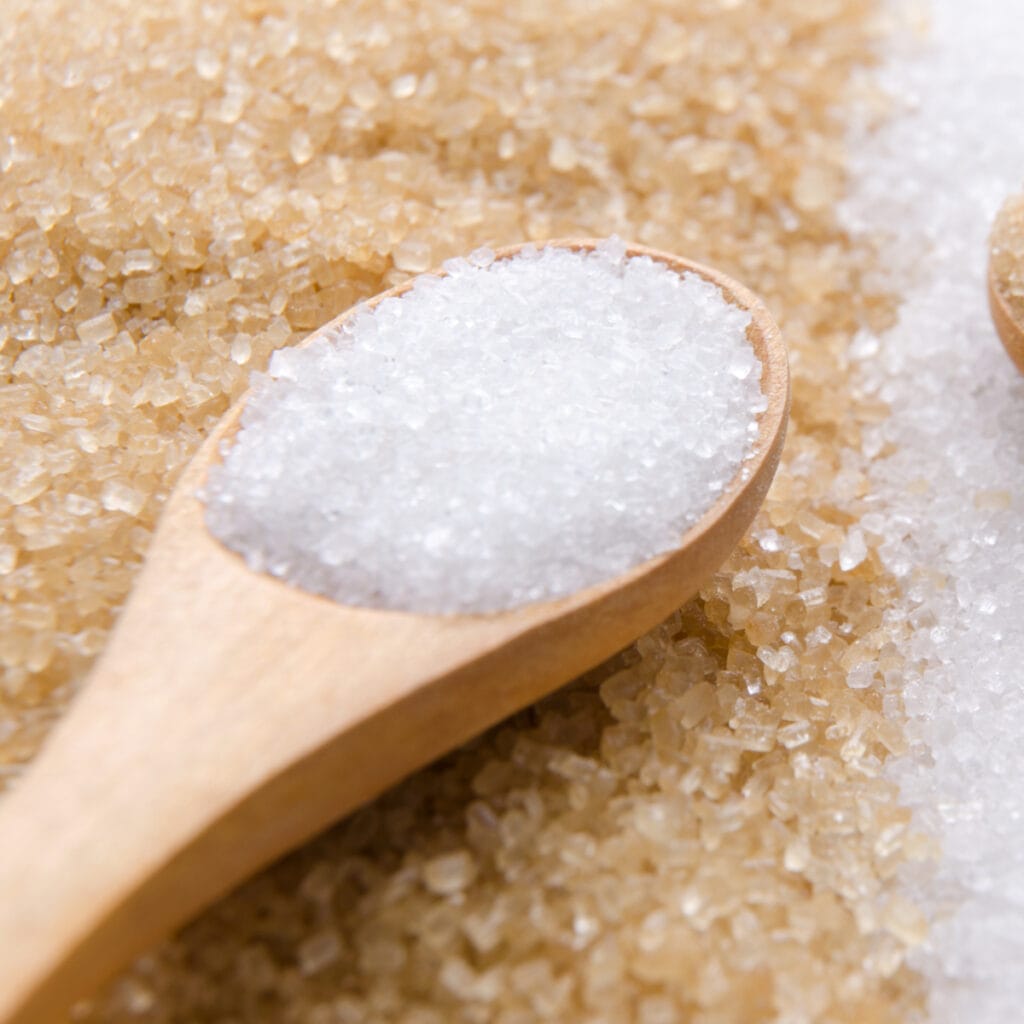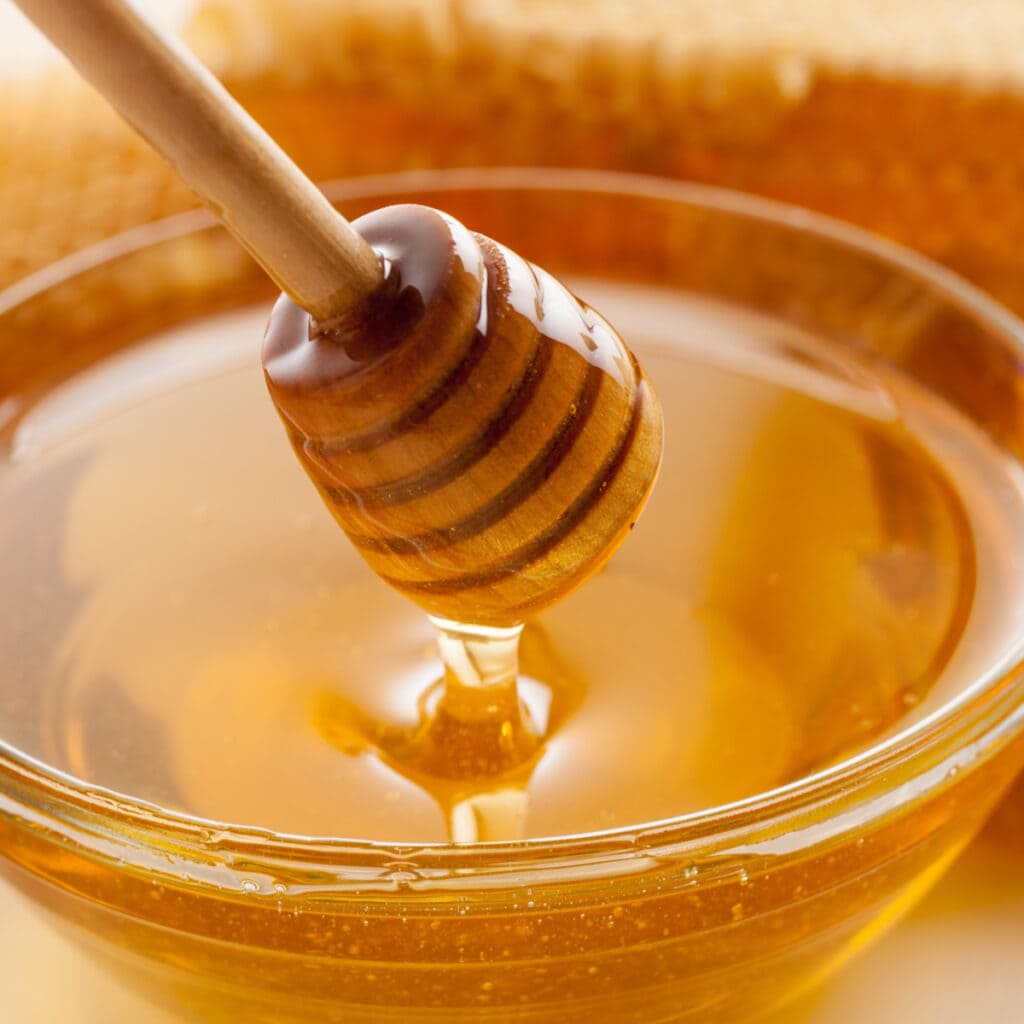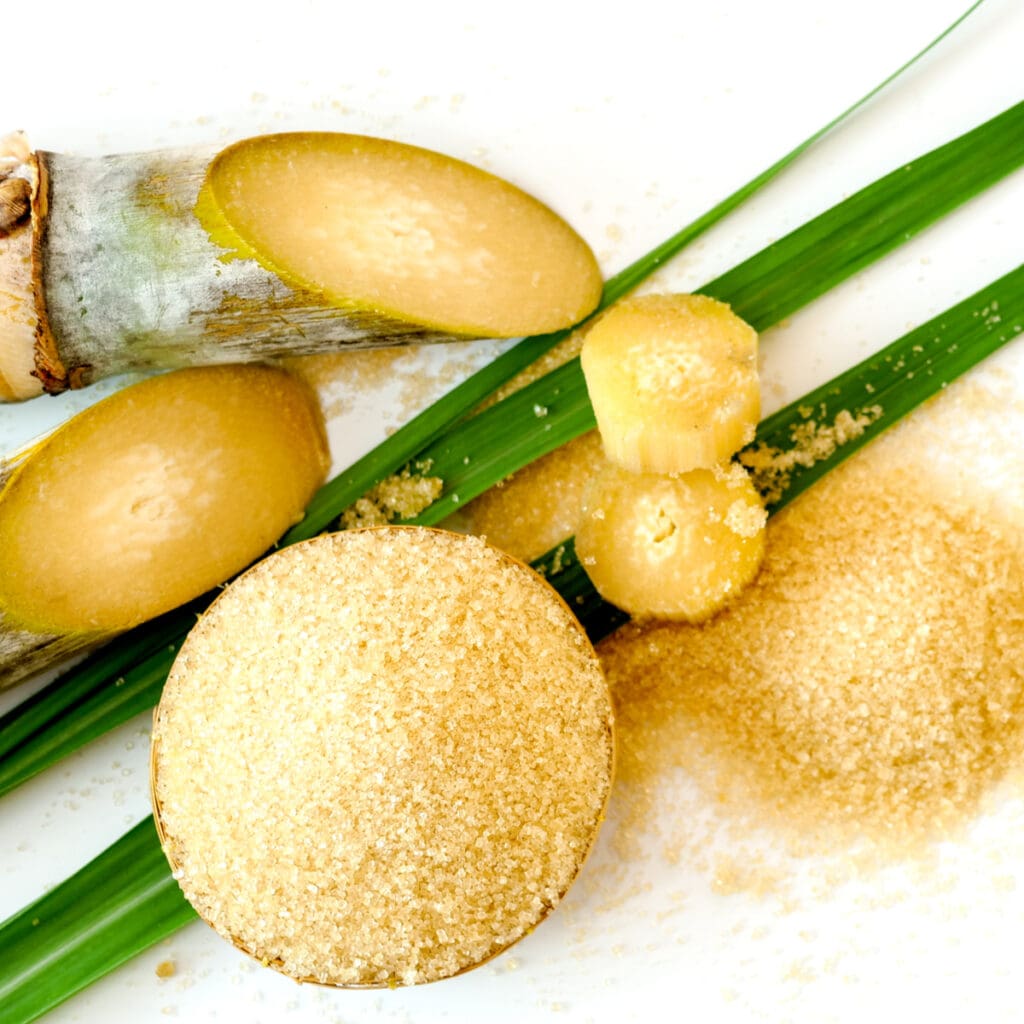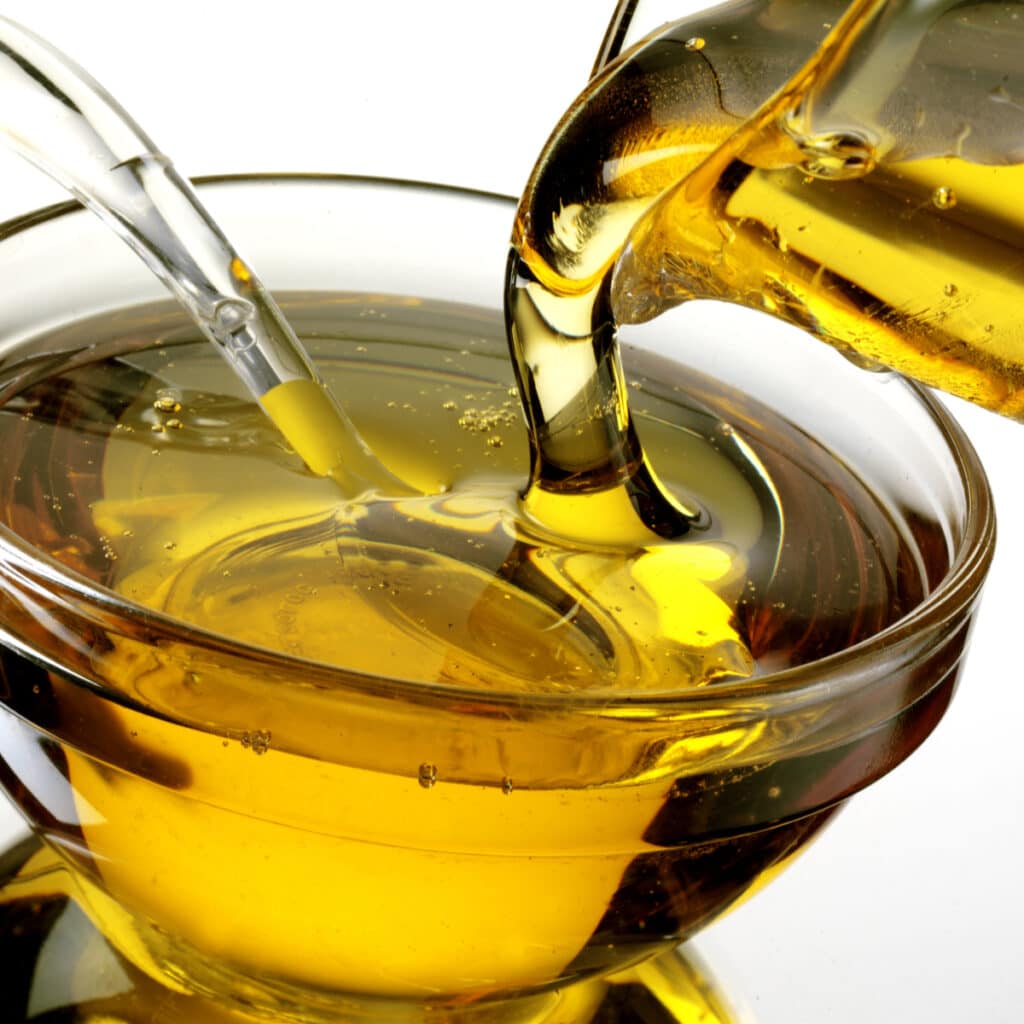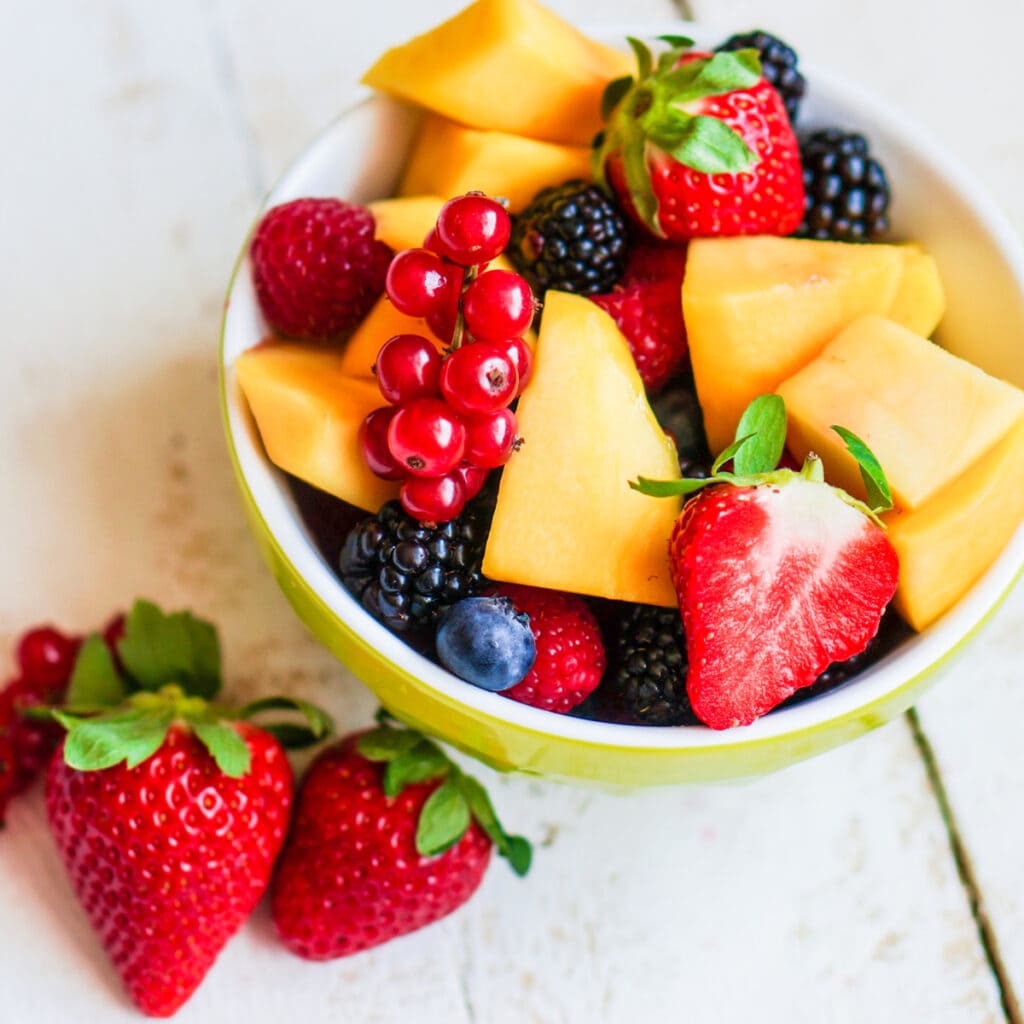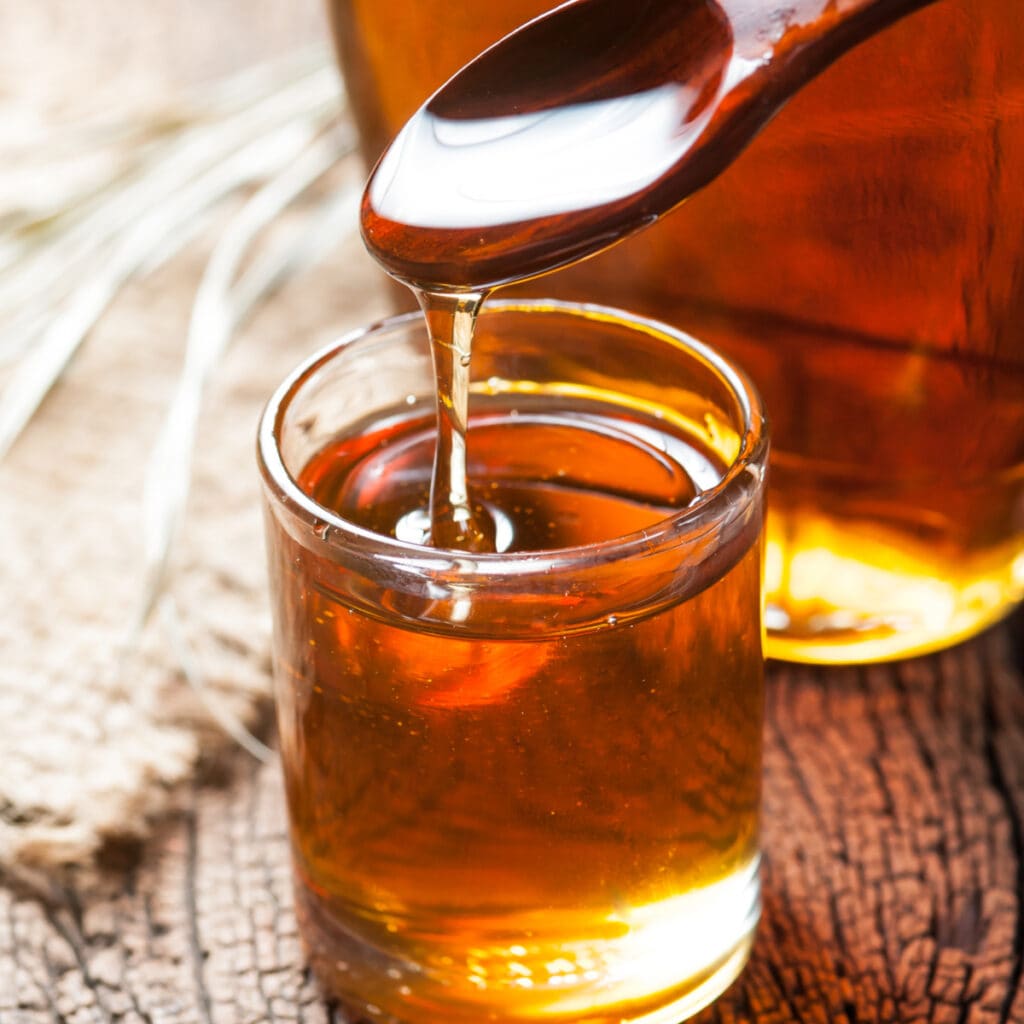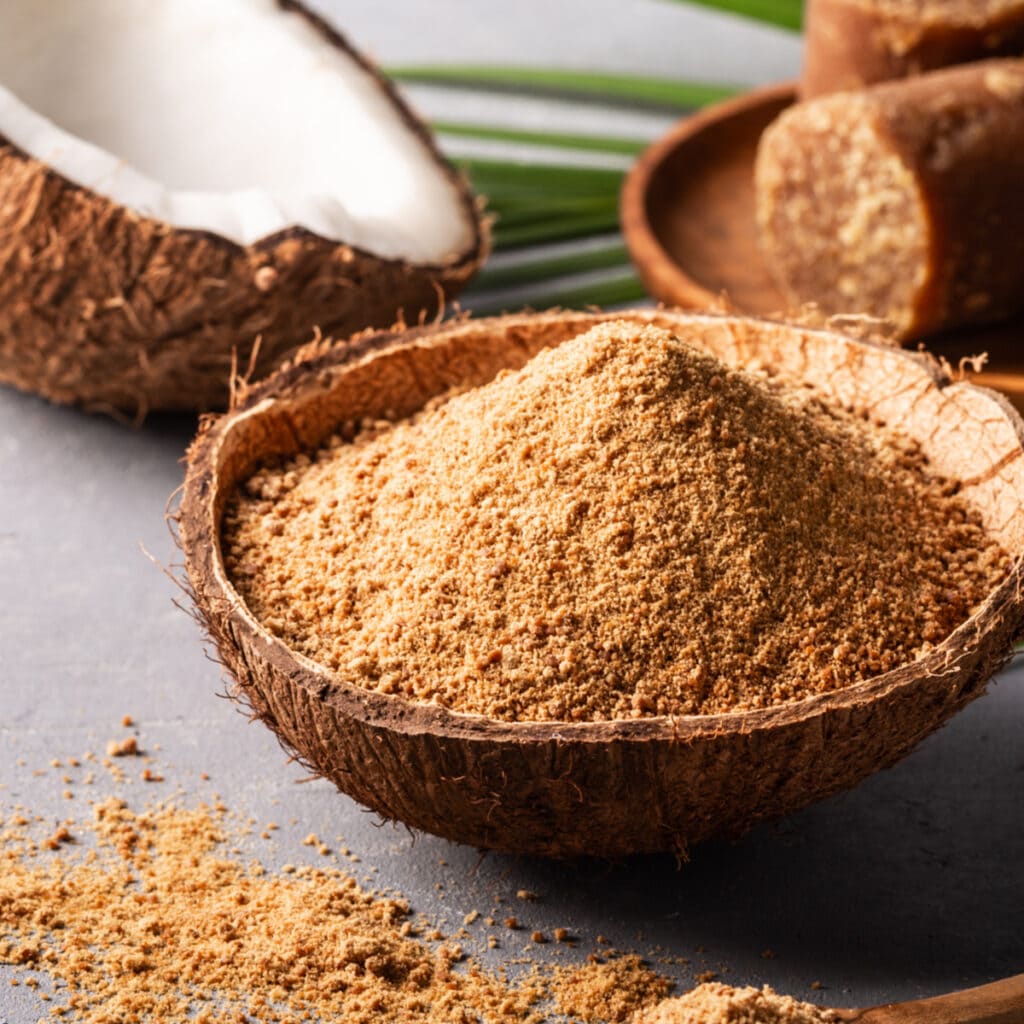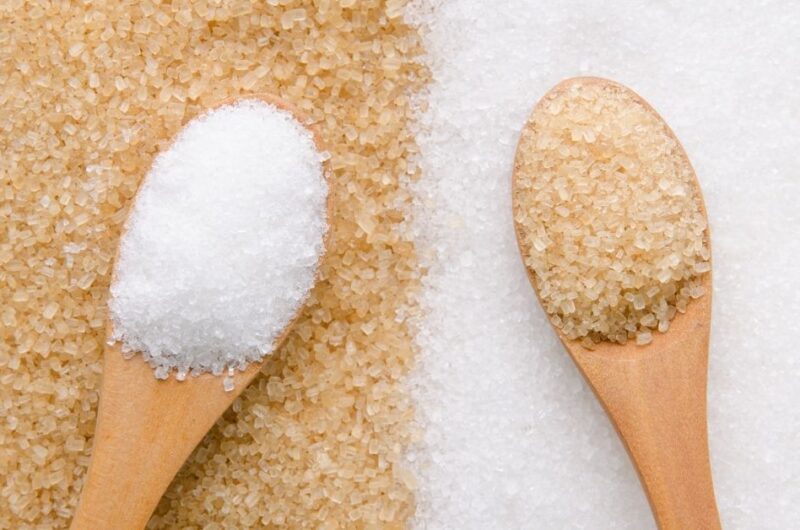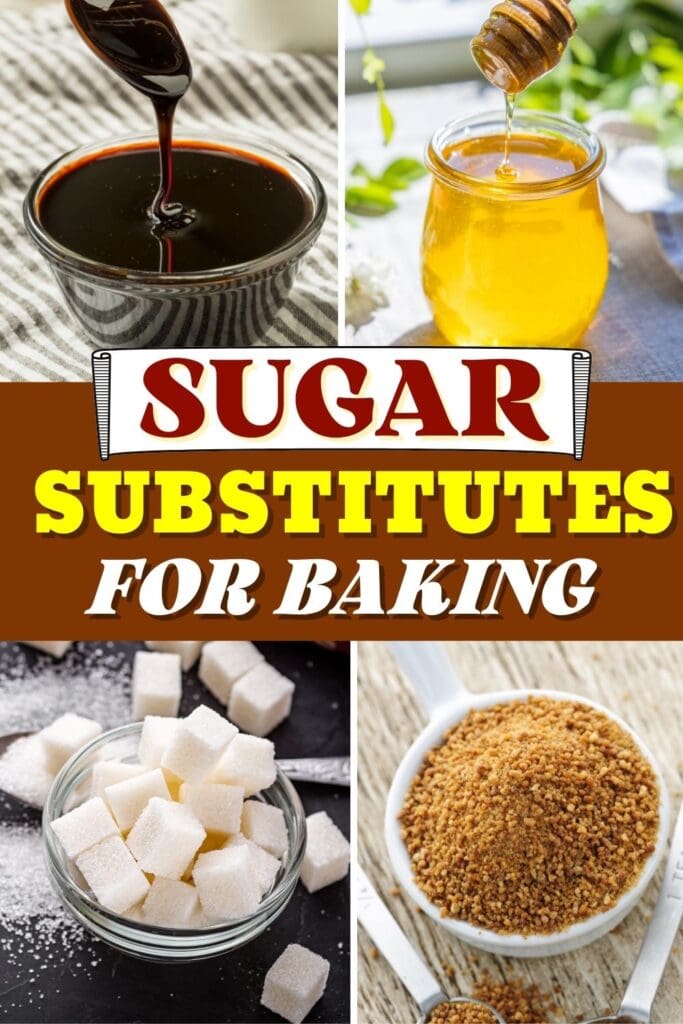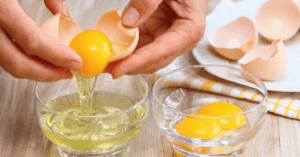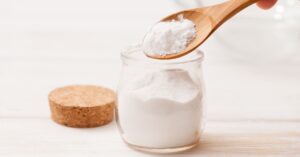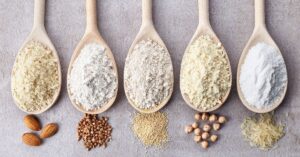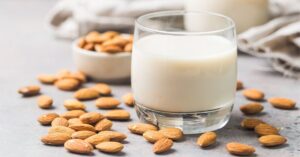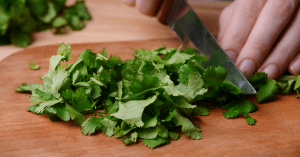Last night, I was whipping up my famous brownies. I’d preheated the oven, sprayed my pan, and cracked my eggs. Then, I reached for the sugar, and … You can guess the rest. I was so mad at myself! How could I have forgotten to check for sugar? How could I have run out of sugar in the first place?! Luckily, there are plenty of sugar substitutes for baking, so I was able to finish my brownies. But it definitely inspired me to share these sugar substitutes!
1. Honey
My go-to sugar substitute for baked goods is always honey. It’s what I reached for last night when making my brownies. And it’s what I’ll likely reach for the next time my sugar jar runs dry. I love honey because it’s all-natural. It also doesn’t change the taste or texture of my baked treats. It keeps everything just as it would have been had I used sugar. (Some things might have a more golden color, but that’s a plus, in my opinion.) Of course, there are a couple of things to remember when substituting honey for sugar. First, use only about 3/4 cup of honey for every required cup of sugar. Here are a few other quick substitution ratios, courtesy of Bigger Bolder Baking:
1 tablespoon sugar = 3/4 tablespoon honey1 teaspoon sugar = 3/4 teaspoon honey1/2 cup sugar = 3/8 cup honey
Also, keep in mind that honey is a liquid. Therefore, you need to reduce the other liquids in your recipe by two to four tablespoons.
2. Cane Sugar
There are few differences between white (granulated) sugar and cane sugar. Cane sugar comes exclusively from sugarcane. Granulated sugar can come from sugarcane or sugar beets. Cane sugar also isn’t as fine and may have a slightly different color than white sugar. However, in all other respects, they’re the same. That means you can easily substitute cane sugar for sugar. The ratio is one-to-one, so you don’t have to make any conversions. You’ll also notice no differences in the final product. So, why do I typically use honey as a sugar substitute instead of cane sugar? Simple. Because I rarely have cane sugar on hand. Otherwise, I’d use it instead.
3. Agave Nectar
Agave nectar has become more and more popular as a sugar substitute recently. (And not just because people, like me, forget and run out of sugar!) Many people prefer it because it has less glucose and a lower glycemic index than sugar. However, it also has more fructose than sugar, so that’s a potential downside. Either way, it’ll work in a pinch. You’ll use 2/3 of a cup of agave nectar for every cup of sugar. You also want to cut back on other liquids by a 1/4 cup.
4. Fruits
Believe it or not, you can even use fruit to replace sugar! Doing so actually has quite a few health benefits, as well. Fruits have all kinds of natural antioxidants and are good for disease prevention. They also help you feel fuller and can improve digestion. Try using sugar-heavy fruits like bananas, unsweetened applesauce, or monk fruit. (Pureeing them works nicely.) The only downside is that if you use too much, it can alter the flavor of your dish. After all, you can’t add two or three bananas to a recipe and not taste them. This substitute works best in fruit-based baked goods. You could also use it for baked goods that only need a small amount of sugar.
5. Molasses
Molasses will also alter the flavor of your baked goods somewhat. However, that’s not always a bad thing. Molasses give baked goods a darker color and a richer flavor. Cup for cup, though, they aren’t as sweet as sugar. That means you need to go heavier on the molasses to get the same level of sweetness. Most experts recommend 1 and 1/3 cup of molasses for every required cup of sugar. Of course, you also have to cut back on other liquids to avoid runny dough. Cutting back by about five tablespoons should do the trick. It’s better to go too light on liquids than too heavy. You can always add more.
6. Maple Syrup
Maple syrup has the same substitution ratio as honey. (3/4 cup maple syrup for every cup of sugar.) You also need to scale back on the liquids by about three tablespoons. I don’t use maple syrup as often as honey, but it’s probably my second favorite. It’ll add a slightly different flavor to your baked goods, but I don’t mind it. I love the rich, warm flavor that maple adds to anything. I don’t even mind using it in bread. Doing so adds just a hint of autumn sweetness that makes it hard to resist. Of course, it tastes best in waffles, pancakes, and pecan rolls. But really, there isn’t much that doesn’t taste better with a dash of maple syrup. If you’re worried about it, only use it for recipes that call for very little sugar.
7. Coconut Palm Sugar
Contrary to popular belief, coconut palm sugar doesn’t come from coconuts. Instead, it comes from the sap of a palm tree. It’s an all-natural sugar very similar to cane sugar. Both have similar nutrients and calories. Therefore, neither is necessarily “better” than the other. In fact, many doctors consider them practically the same. That’s ironic since many people use coconut sugar as a “healthy” alternative to sugar. In truth, you should only consume either type in moderation. Still, if you run out of sugar and need something like it, give coconut sugar a try. If you have any, that is. It’s pretty expensive, so it’s not one of those things most people have on hand. I’ve used it occasionally just to test it out. However, I don’t regularly use it as a sugar substitute. It works great if you choose to do so, though. Click on a star to rate it!
Average rating 5 / 5. Vote count: 7 No votes so far! Be the first to rate this post.
Share on social media: Let us improve this post!



